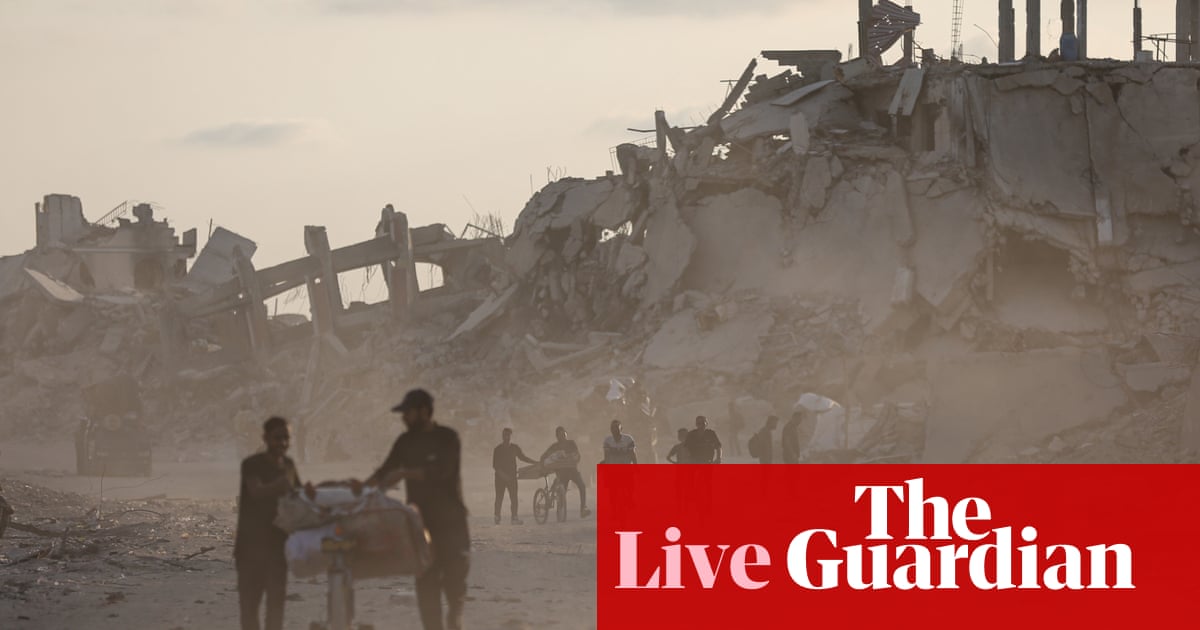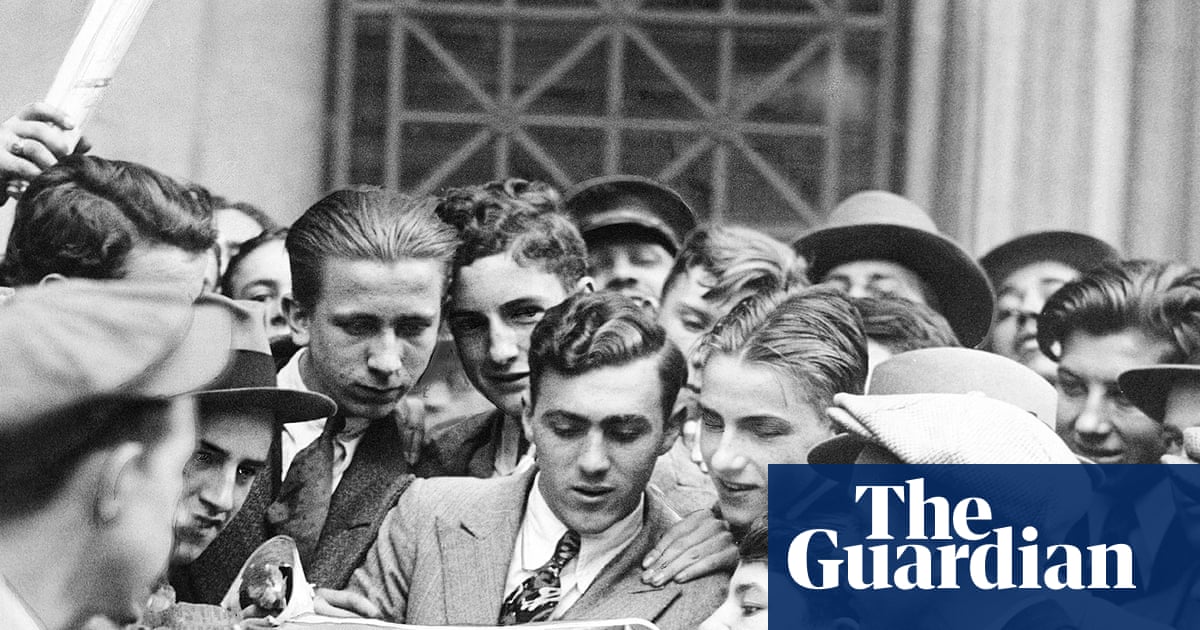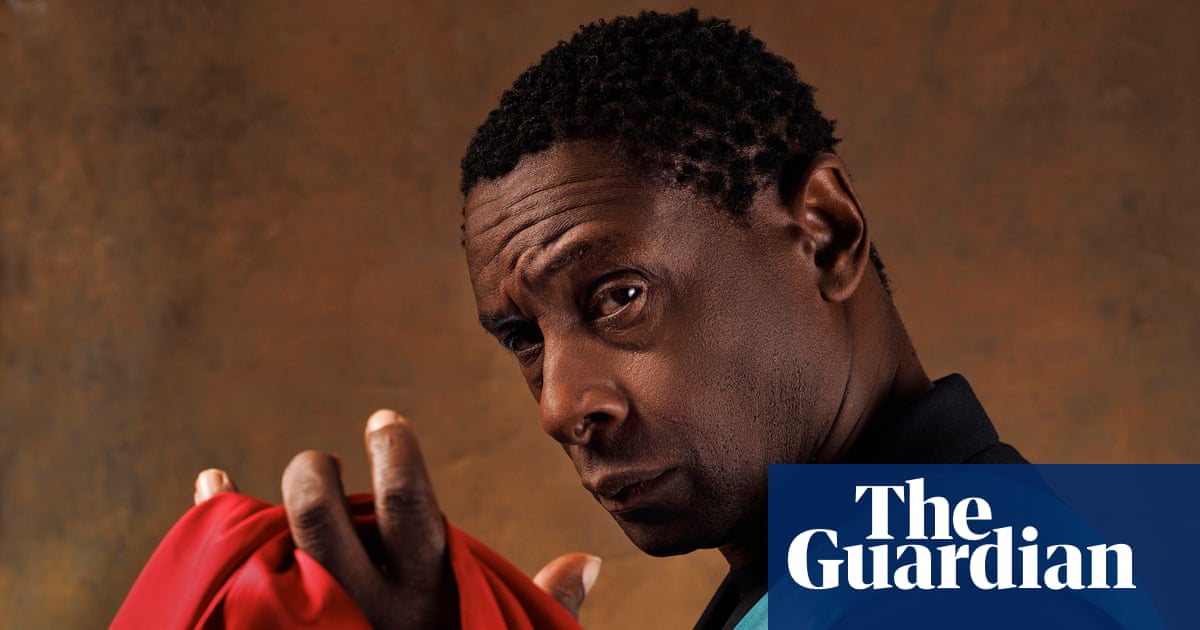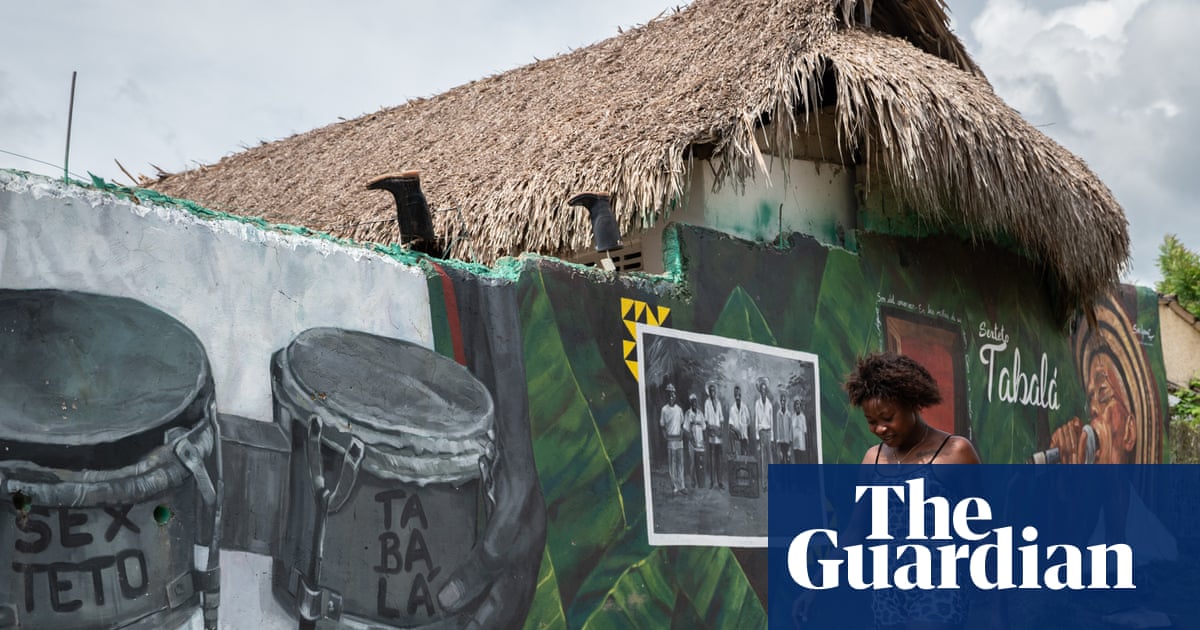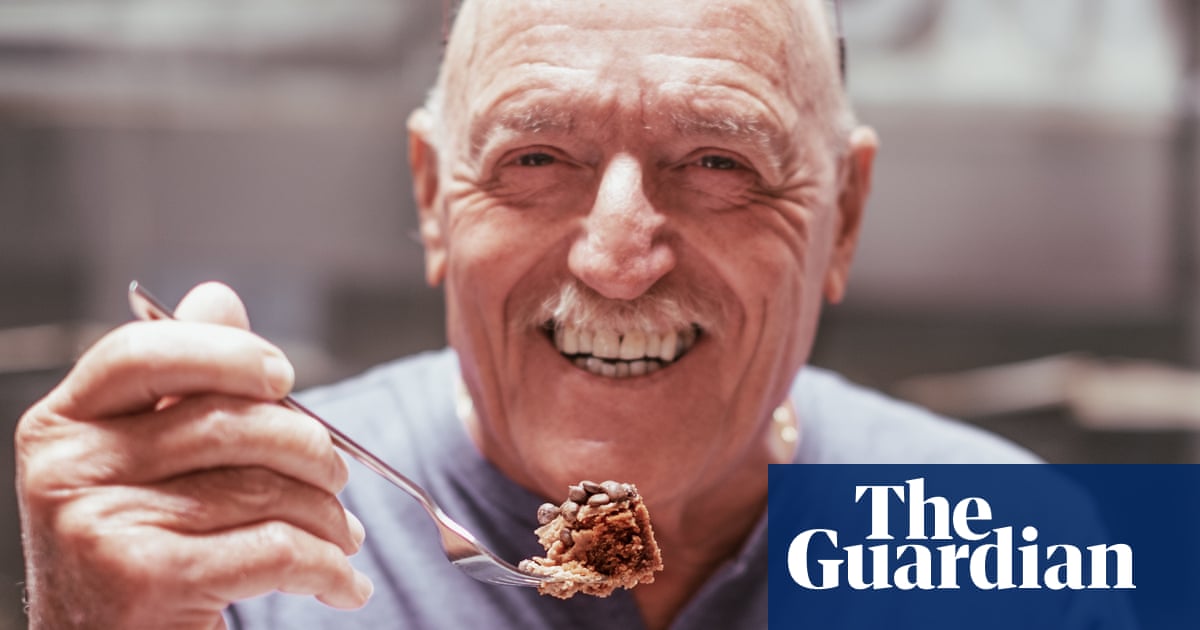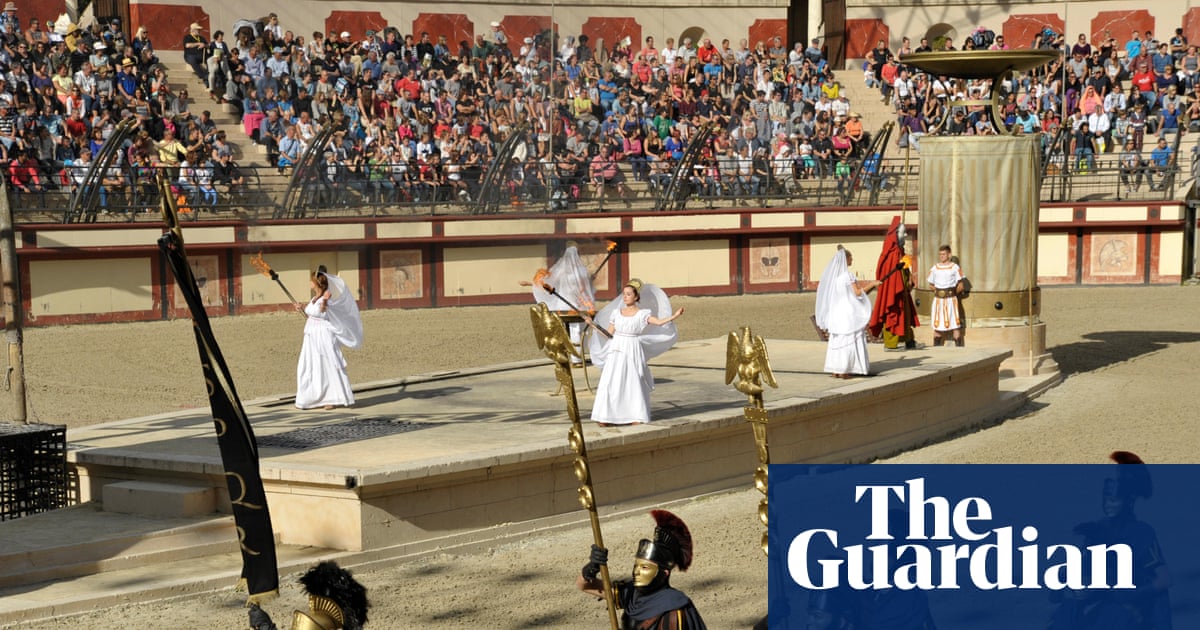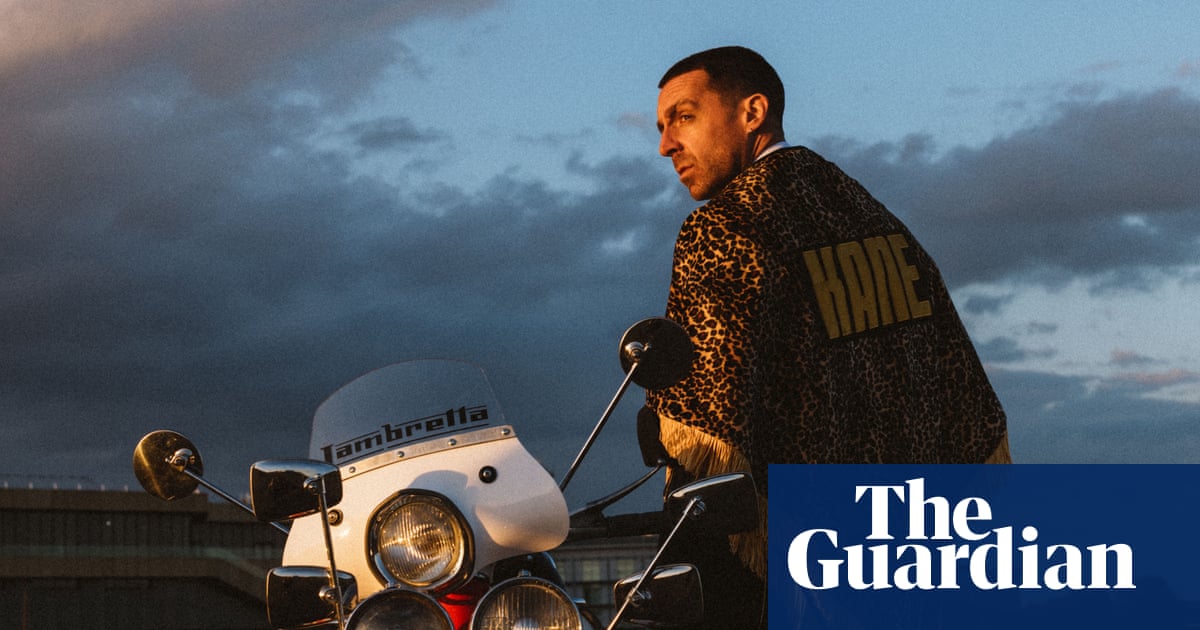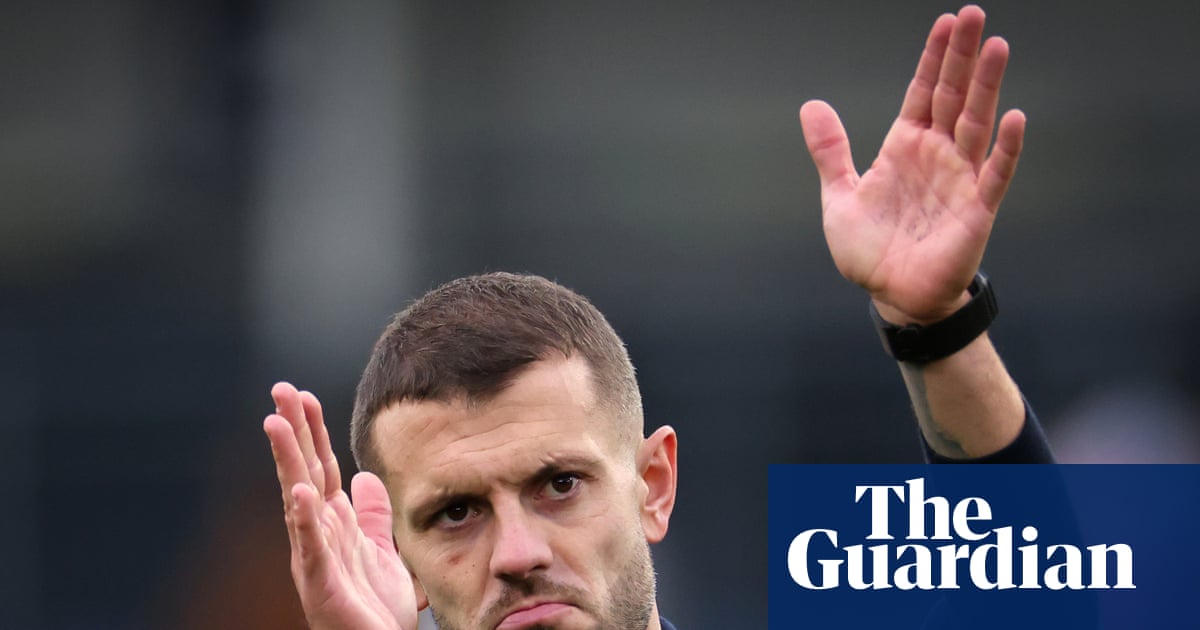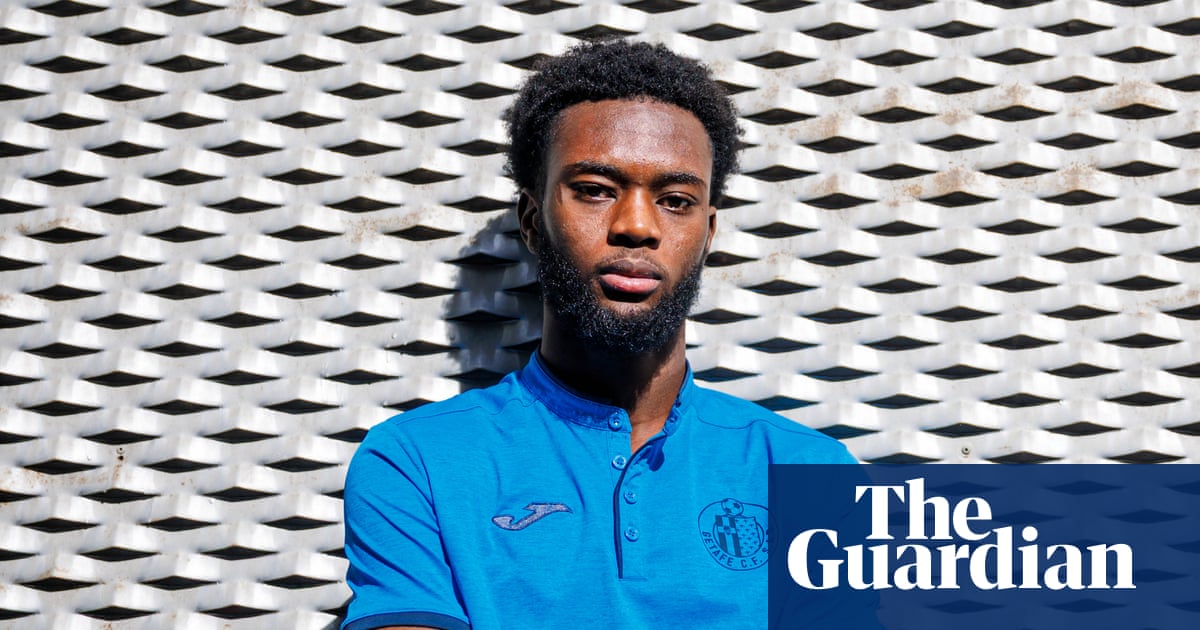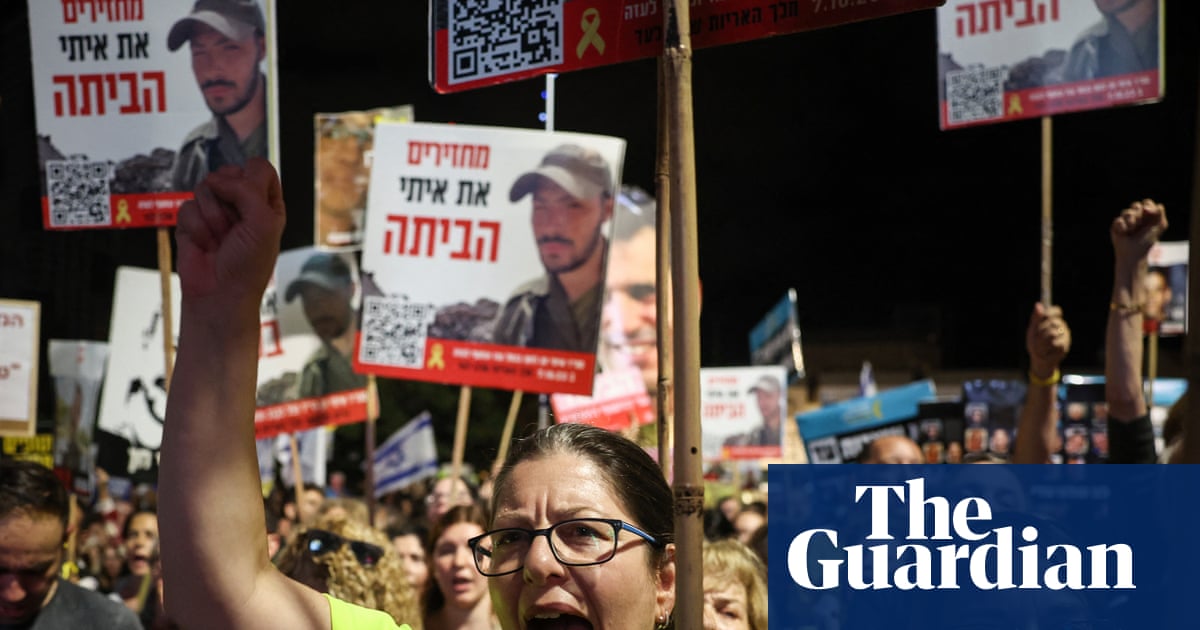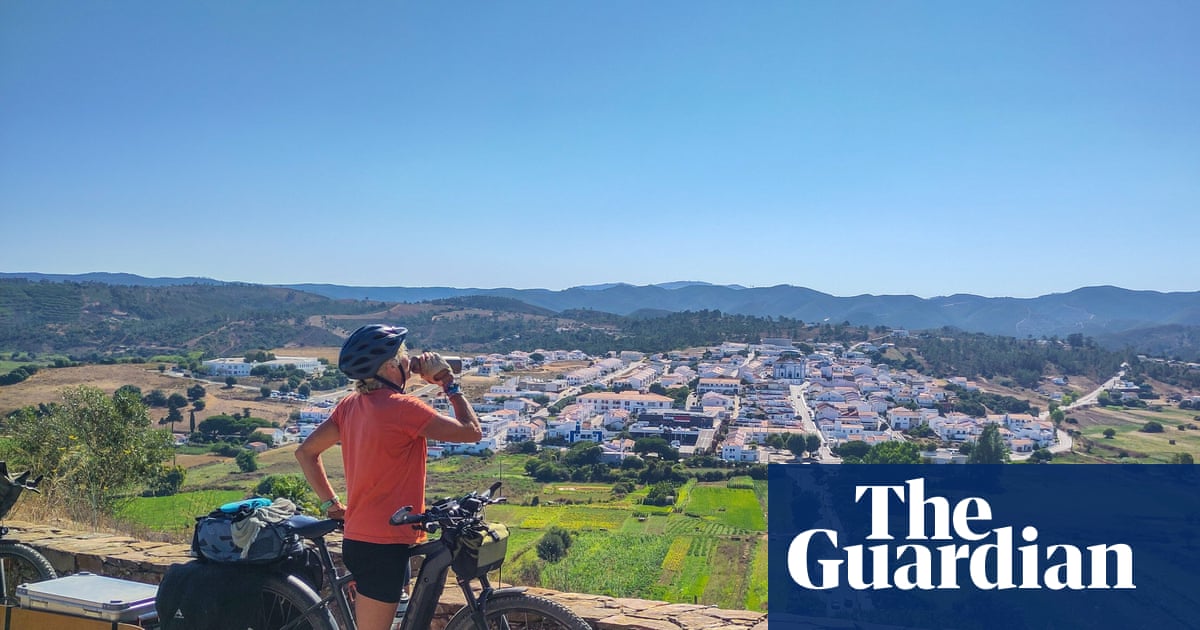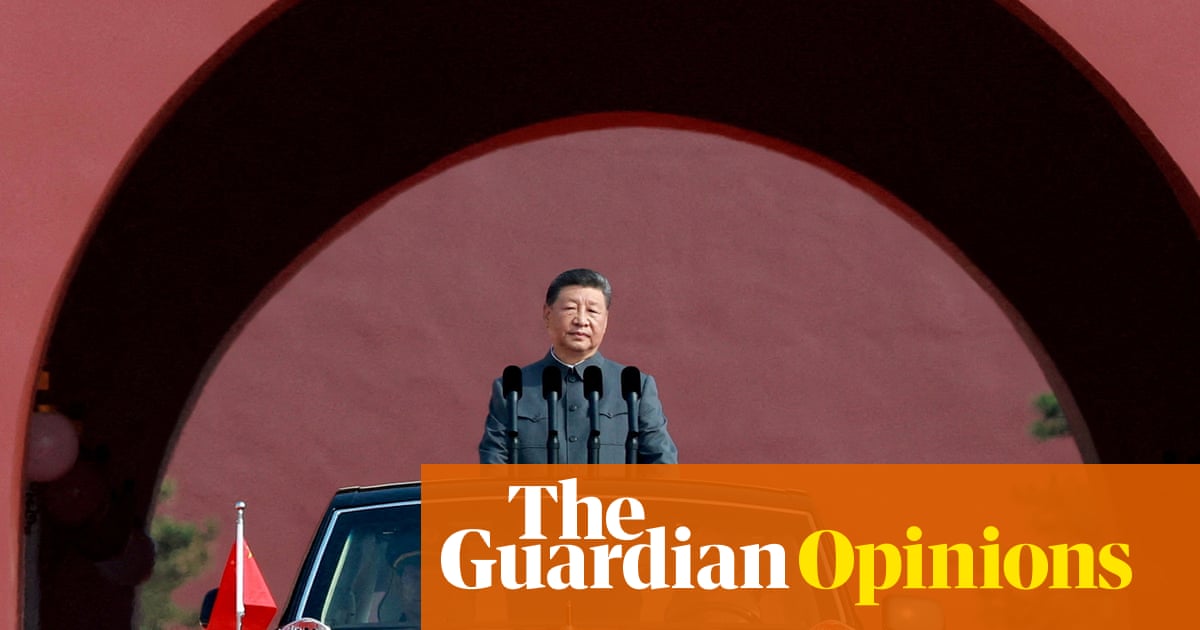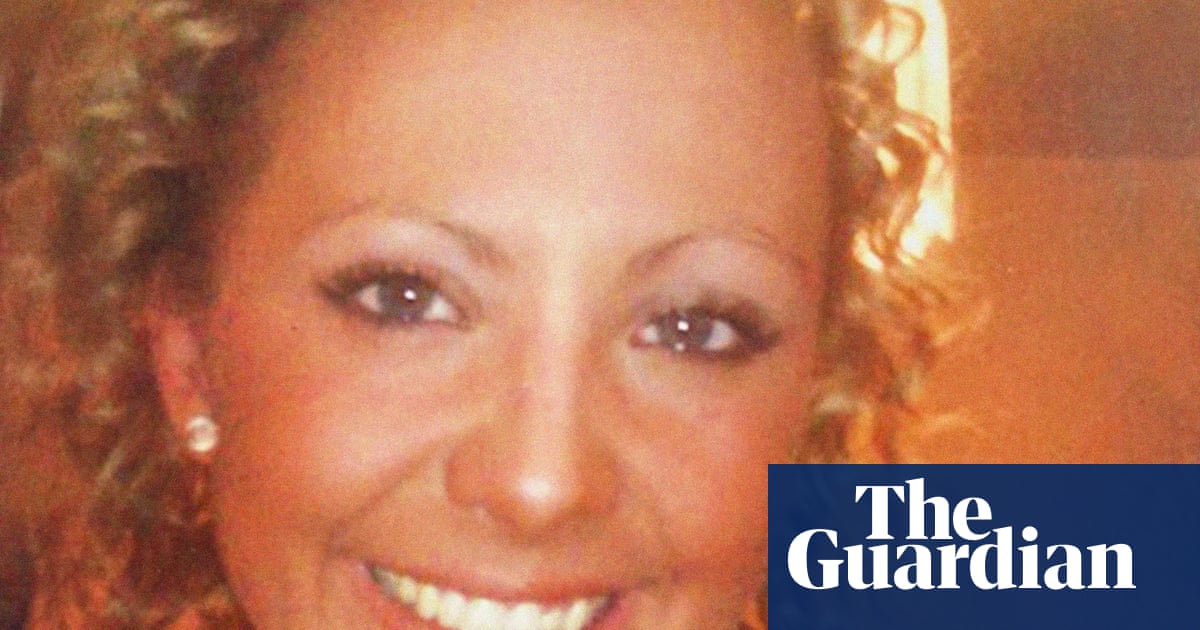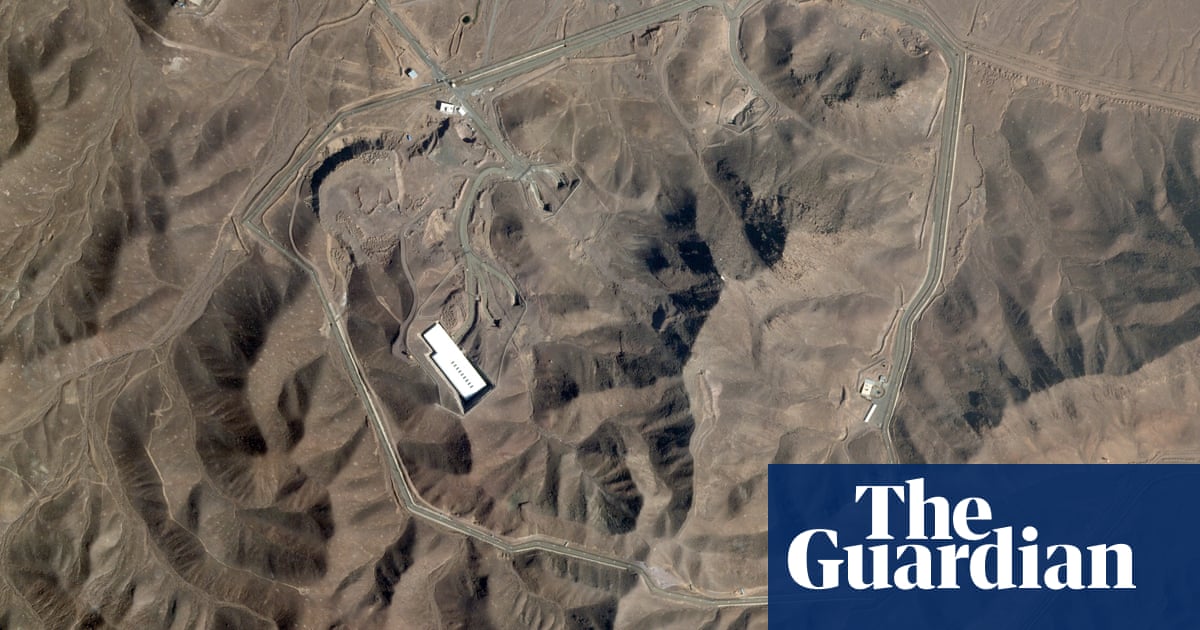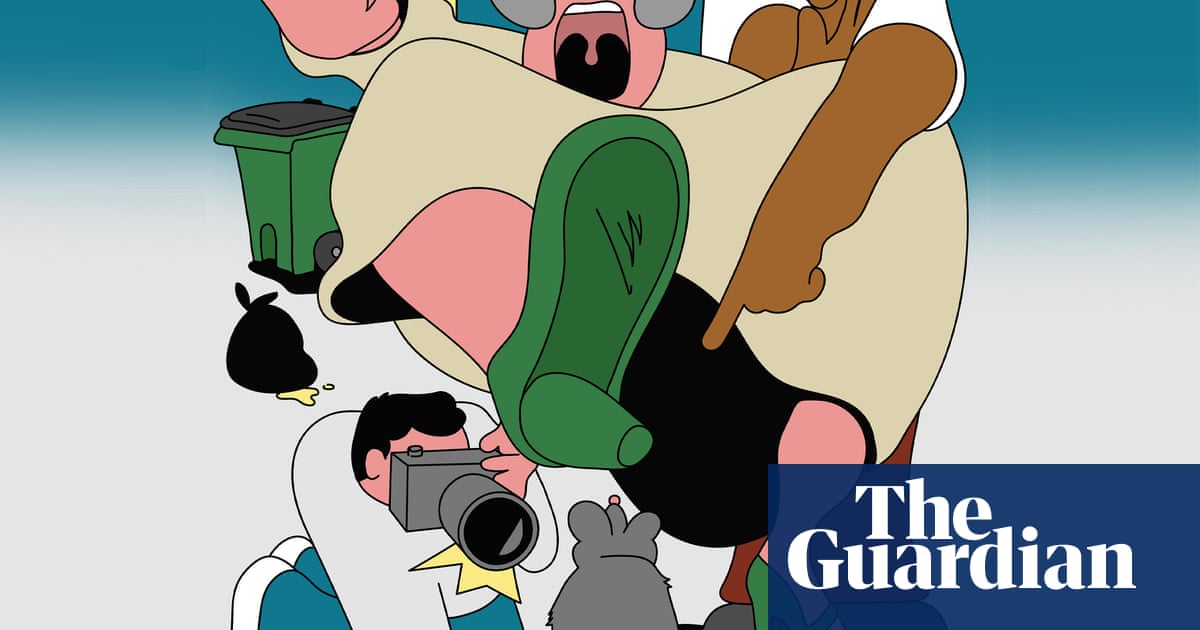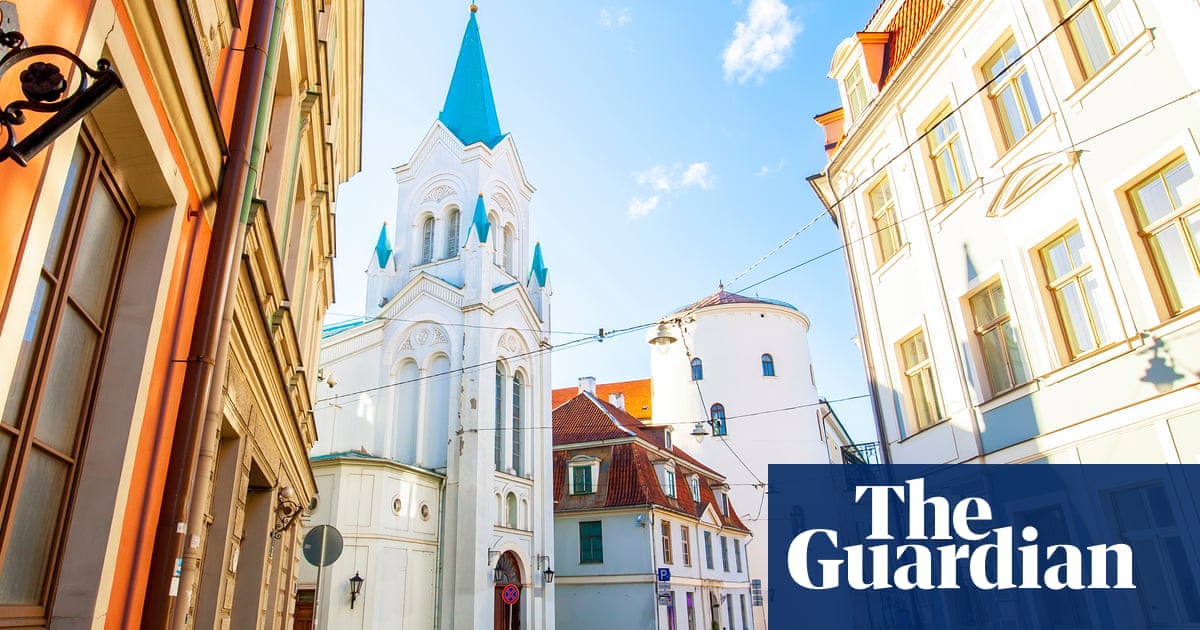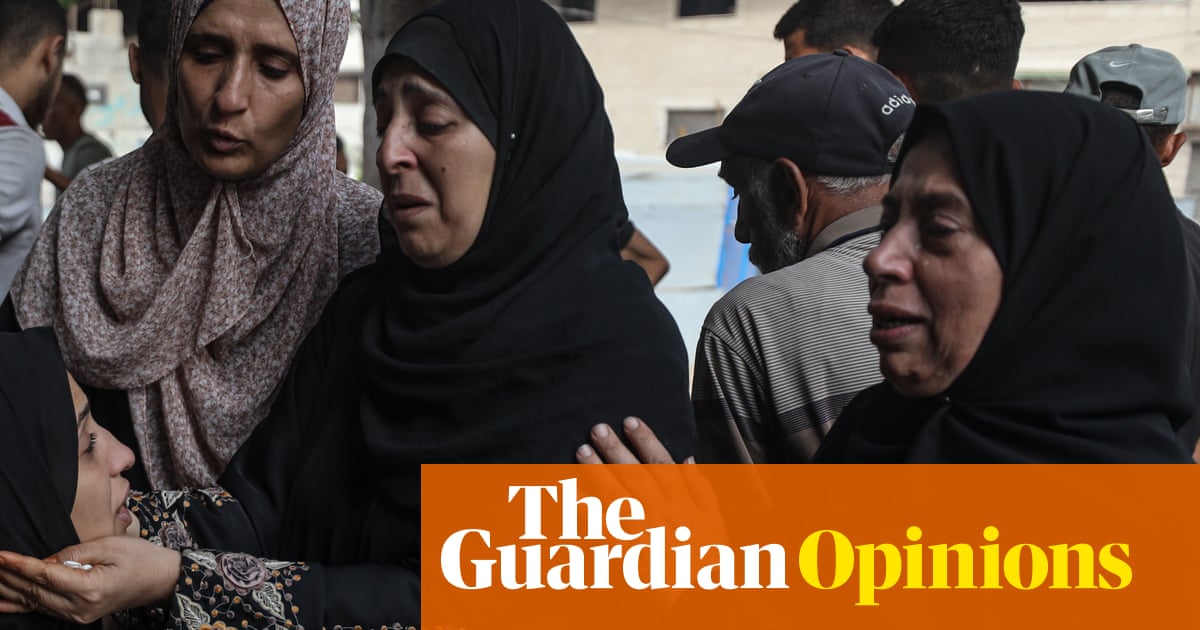My father died nine months ago and last night he drove me home in a taxi.
We knew something was wrong when my father stopped taking his insulin and started leaving his flat at night without his shoes because there were “people in the plants” and the floor was made of “muddy water”. After several tests, he was diagnosed with Lewy body dementia, which causes hallucinations and a rapid decline in cognition.
He moved to a nursing home in central Stockholm, and I told myself everything would end well. Dad would finally get proper medication, physical therapy, new teeth, foot care and eye treatment for his declining vision. I imagined coming by with my sons, and we would finally be able to talk about everything: why he disappeared, what we might have done differently and why I still held on to the naive hope that he would apologise.
In the first weeks in the home, he would often tell the nurses the story of how he met my mother. He was a 21-year-old Tunisian store detective, using his impeccable eyesight to catch shoplifters in a mall in Lausanne, Switzerland. She was an 18-year-old Swedish student secretary who was in the country to learn French. They met at a pub. He quoted Baudelaire. She went back to Sweden. Years of letters. A reunion in Stockholm.
After their first kiss, Dad asked Mom what her family name, Bergman, meant in Swedish.
“Mountain man,” she said. He couldn’t believe it. His family name, Khemiri, also meant “mountain man” – but in Arabic. Cue strings. Cue destiny. Cue love for ever, for ever ever, forever ever? (André 3000 voice). Their names connected them in a world that seemed to claim their love was impossible, because they didn’t share class, background, religion, skin colour and a mother tongue.
It wasn’t 100% true. Khemiri doesn’t literally mean “mountain man” in Arabic. But my father was from Jendouba, Tunisia, near the Kroumirie mountains, and Kroumirie kind of sounds like Khemiri, so I guess it was true enough. My father’s most crushing loss was the divorce. When Mom told him he had to move out, Dad cursed me and my brothers: “Your mother will never be able to raise three boys on her own,” he said. “You will end up homeless drug addicts.”
He disappeared. I spent my life trying to prove him wrong. I became a writer, my middle brother an actor, the youngest a psychiatrist. None of us are homeless. But whenever I’ve gone through a breakup since, I hear my father’s voice: “I told you not to trust anyone.”
After my father moved to the nursing home, I received a fellowship in New York and moved to the US with my family. He never forgave me for leaving Sweden. He would call five times a day to let me know the nurses were trying to poison him. Mossad had bugged his room. His plants were still full of people, and the muddy water on the floor was rising by the day. He wanted to go to Tunisia, or Paris, or New York. He wanted to be anywhere but there.
“Nobody has come to see me in weeks,” he said, which was strange because I knew my brothers had been there the day before. “All I need is some physical presence,” he added, which struck me as slightly ironic, since all his now-grown children had felt the same way when he disappeared.
When we hung up, my sons asked me what was wrong with Grandpa. I tried to explain. I told them: he’s sick, he’s old, he comes from a poor background, a complicated country, he had eight siblings, his mother couldn’t read or write, he worked all his life to achieve financial stability, he was convinced money could create freedom and help him escape a painful past he never wanted to talk about. He had a thousand dreams, sold watches, imported perfumes, drove subways, bartended, taught languages – always dreaming of that big break that would turn everything around.
“Did he ever get rich?” my oldest son asked.
“It depends on what you mean by rich,” I said. “He managed to save some money. But he lost a lot of people along the way.”
I hugged my sons and promised myself I wouldn’t repeat my father’s mistakes – knowing full well I would make my own.
A few months before his death, he called me to say he was lost in the city. It was raining, someone had stolen his leather jacket and he couldn’t find his way back to the nursing home. His voice trembled with fear. “If you turn on the camera, I can guide you,” I said. It took him a few minutes to find the button. He showed me his surroundings. “But Dad,” I said, “You’re sitting in your room.” “Are you sure?” he said, looking at his walls, his TV, the Tabarka jazz festival poster, as if for the first time.
A few days before he passed, I was in Paris to give a reading from my latest novel, The Sisters. It follows three siblings over 35 years as they try to break free from a family curse. I chose a chapter about a father who forces his son to cut off his hair and then helps a female shopkeeper who is threatened by a drunk. The chapter ends with this line: “I enjoyed turning my father into a story; somehow, it gave me power over him, it seemed like the only power I had.”
The next day, my brother texted: “Dad has stopped eating and drinking. The doctors are considering palliative care.” I just stood there, blinking at the screen, trying to process how utterly powerless my stories were in the face of death.
I flew to Stockholm and spent three days and nights with my brothers at his bedside. He was breathing but couldn’t speak. He was looking at us but didn’t recognise us. He looked like a baby bird, with thin wings for arms and empty holes where there had once been white teeth.
“He can still hear you,” the nurses said, and we believed them.
We didn’t leave his side. We played Satie on repeat. We told stories. Do you remember that time when he caught two rabbits by hand, killed mosquitoes lurking on the ceiling with towels, pretended to eat a wasp, danced like James Brown, defended us from racist skinheads, quoted Disney films, forgot our girlfriends’ names, warned us never to get involved in politics, told us we were crazy for trusting the banking system. Sure, death seemed to be winning, but our stories put up a good fight. Dementia had transformed his mind into a desert, but I imagined our stories planting seeds that might wake him up. Soon, terminal lucidity would kick in. Soon he would speak. We kept hoping for an ending that would make sense.
One afternoon, we filled the hospital room with people: my mom, my brothers’ girlfriends, their children, older kids keeping their distance from his stiff body, toddlers climbing into bed without fear. For a moment, I saw the flutter of a smile on his lips. But still no words.
My middle brother was the last one to hear him speak. The day before I arrived, Dad looked up and said: “Tell Per-Olof I still love his daughter.” Per-Olof Bergman, my Swedish grandfather, died in 1993. My parents divorced in 1995. My father died in 2025.
I have spent 22 years writing about families, perhaps as a rebellion against death. Every time I receive a call telling me someone has died, my brain whispers: “You can write about this.” It happened when my first girlfriend took her own life. When a childhood friend died in a car crash. When my grandfather died, and my grandmother, and my cousin and my uncle.
For years, I felt guilty about that reflex. Now I see it as a defence mechanism – an illusion of control: “Don’t worry. You’re not powerless. You can come up with an evocative first sentence and an effective ending. You can turn your loss into words and replace everyone who dies with sentences.”
And on some level, we all do this: we lose and we tell stories. We tell stories and then we die. The best-case scenario is that time kills us. No wonder we search frantically for control, for narrative structure, for a happy ending.
But sitting next to my dying father, I didn’t think about writing. Maybe because I’d already mourned him. Once, he told me: “Everything you have, you got from me. You wouldn’t be a writer without me.” I think he was right, but I suspect his absence shaped me more than his presence.
His breaths grew shallow. We said our goodbyes, we forgave him, we cried. We waited. We waited some more. We said goodbye at least eight times.
At 2.30am, the third night, his breathing slowed. I woke my brothers. We sat beside him. His forehead was cold. Long silences. Then another breath. Silence. Breath. Silence. Breath. Then silence. A brief moment of pain. A gurgling sound. Silence.
He didn’t wake to say he loved us. He didn’t explain why things turned out the way they did. He breathed, and breathed, and then he stopped.
After his death, I flew to Tunisia to collect letters, photos and meet mourning cousins and aunts. Even though he was gone, I kept seeing him everywhere. He drove every car, stood behind every bar. The security guard who told me the mosque in Tunis was closing had his eyes. The bald man who tried to lure me down an alley in the souk had his hands and homemade tattoos. My aunt had his smell; my uncle his laughter. I had never been to Tunisia without him – and my brain wouldn’t allow him to die.
Back in New York, he appeared less often. In April, a young version of him sold halal food on 47th Street. In June, a middle-aged version refereed my son’s flag football game in New Jersey. “Didn’t the referee look like your grandfather?” I asked on our way home. My son had headphones on and didn’t respond.
My father died eight months ago and last night he drove me home in a taxi. I leaned forward to see if it was really him. Same neck, same hair, same shoulders. But when we hit a pothole on Flatbush Avenue, he turned to me and said: “Sorry.”
-
Jonas Hassen Khemiri is a Swedish novelist and playwright. His most recent novel, The Sisters, is his first written originally in English

.png) 5 hours ago
4
5 hours ago
4

